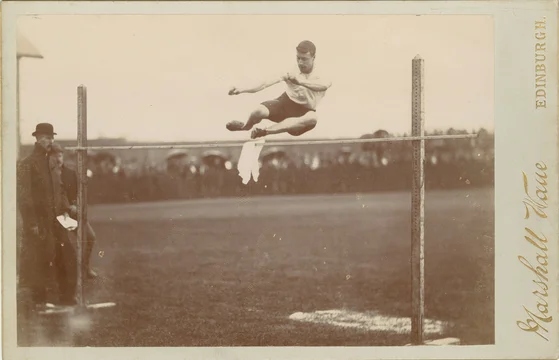
Today, Chief Judge Connolly issued a memorandum order in Stirista, LLC v. Skydeo Inc., C.A. No. 23-856-CFC denying a Daubert motion in part because it sought to strike the expert's expert report rather than excluding his testimony.
The Court actually agreed that the expert's testimony ought to be excluded under Rule 702—if only the moving party had filed a better motion:
In its briefing filed in support of the motion, Stirista argues that "Mr. Kelleher's opinions and conclusions related to market confusion should be excluded [under Rule 702] as unqualified, unreliable, and unhelpful to a trier of fact." . . . Having read the parties' briefing on this question, I'm inclined to agree with Stirista. Mr. Kelleher is an expert in the field of accounting, not marketing; his opinion that "[t]here was no market confusion," D.I. 66-1 at 13, is conclusory and unsupported by any identified methodology, let alone a reasonable and reliable methodology employed by marketing experts; and his unsupported and conclusory opinions about alleged market confusion would not, in my view, help the jury. It thus seems clear that Rule 702 would preclude him from testifying at trial about his opinions on market confusion. But, as noted above, Stirista did not move to exclude Mr. Kelleher's testimony about those opinions.
As Chief Judge Connolly explained, the opinions in an expert report are not testimony, and are generally barred from admission anyway. He therefore denied the motion:
Stirista does not seek by its motion the exclusion of testimony. Rather Stirista seeks by its motion the exclusion of "certain opinions set forth in" Mr. Kelleher' s expert report. . . . Consistent with that request and the motion's title, the Proposed Order Stirista asks me to sign reads: "IT IS HEREBY ORDERED ... that Plaintiffs motion is GRANTED and [t]he portions of [Mr. Kelleher's expert report] related to market confusion highlighted in Ex. 1 to Plaintiffs brief are deemed stricken." . . .
Expert reports are classic hearsay and generally barred from admission at trial by Rule 802. . . . Expert reports are not testimony and do not implicate Rule 702. Rule 702 governs when "[a] witness who is qualified as an expert by knowledge, skill, experience, training, or education may testify." Fed. R. Evid. 702.
Because Stirista's motion does not constitute an objection to expert testimony, it is not authorized by paragraph l0(b) of the Scheduling Order [regarding Daubert motions], and I will deny it for that reason.
Stirista, LLC v. Skydeo Inc., C.A. No. 23-856-CFC, at 1-2 (D. Del. Mar. 14, 2025).
The Court recognized that it could ignore the error, but declined to, noting that movant was a sophisticated party, and that there was a second error as well—the motion sought to exclude parts of the report that went beyond what was described in the brief:
It might be asked: why not ignore the title and content of Stirista's motion and its proposed order and simply treat Stirista's briefing as laying out the relief that Stirista seeks? Two reasons. First, Stirista is a sophisticated party with sophisticated counsel, and is therefore responsible for "fram[ing] the issues for decision" for the Court. United States v. Sineneng-Smith, 590 U.S. 371,375 (2020). Second, and more importantly, the highlighted portions of the expert report attached as Exhibit 1 . . . that Stirista asks in its motion and proposed order to be "deemed stricken" are not limited to opinions about market confusion. Some of those opinions also concern damages, and Stirista does not argue in its briefing that Mr. Kelleher's opinions about damages are barred by Rule 702. . . . Thus, the motion and briefing do not align.
Id. at 3-4. I wouldn't read this opinion as suggesting parties should be afraid of citing the parts of the expert report that reflect the testimony that they want to exclude. Report citations are still essential, and helpful to the Court, since the report is normally the best way to show what the expert will testify to.
To me, this sounds like maybe an original version of the motion and brief sought to exclude more, and the brief was later trimmed back, but they forgot to update the motion/proposed order. Or maybe the person writing the motion just made some mistakes in their citations.
It remains to be seen whether the Court will actually allow the market confusion testimony at trial, given that it recognized that it ought to be barred—but also that the deadline to move to exclude it has passed. Either way, it's good to keep in mind that a Daubert motion should seek to exclude testimony, not to strike a report, and that (obviously) your motion needs to align with your brief.
If you enjoyed this post, consider subscribing to receive free e-mail updates about new posts.


